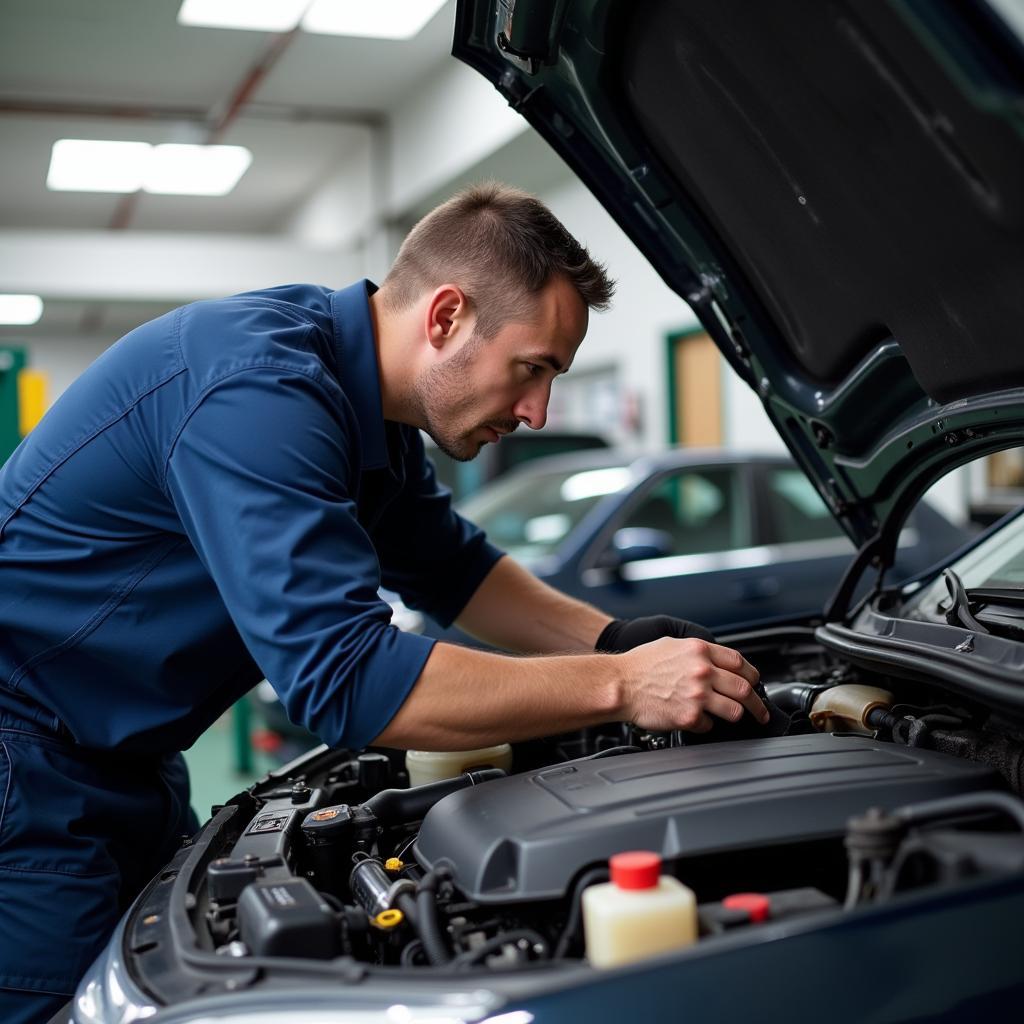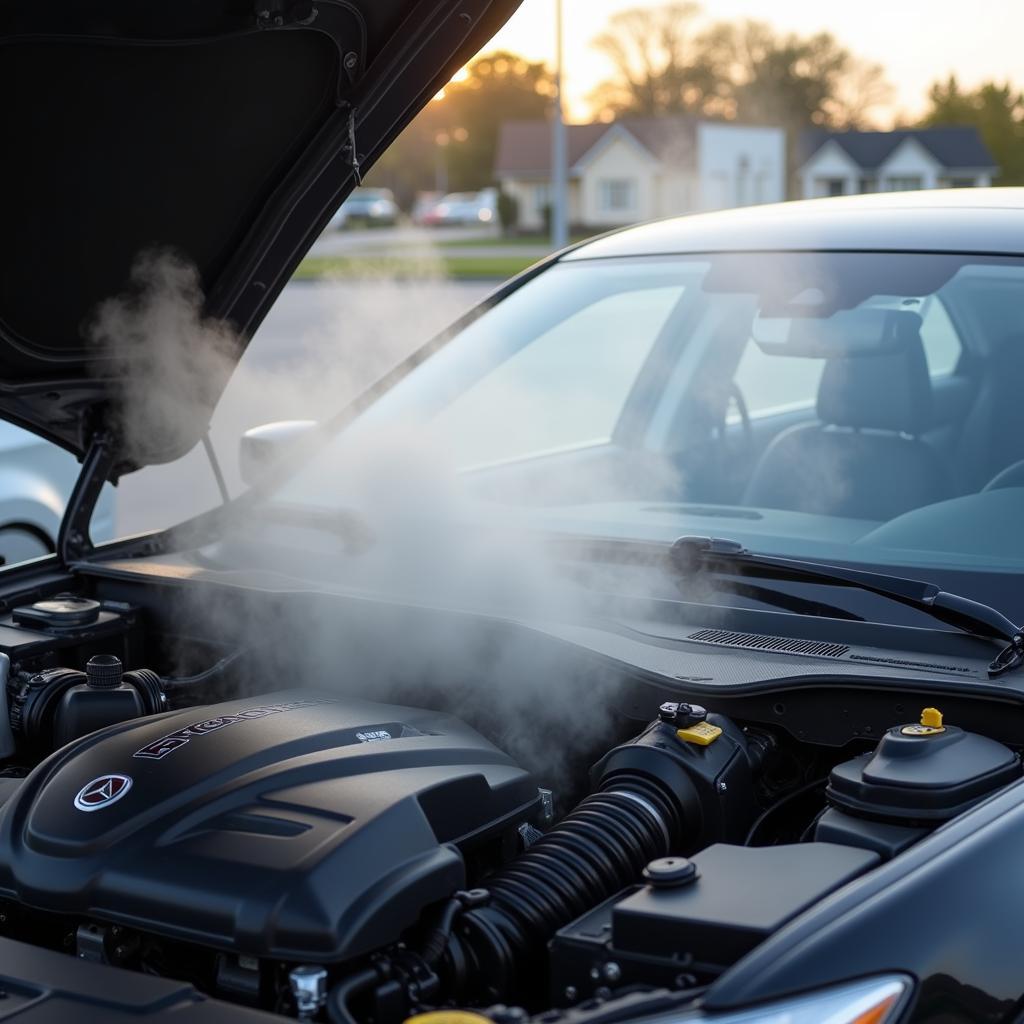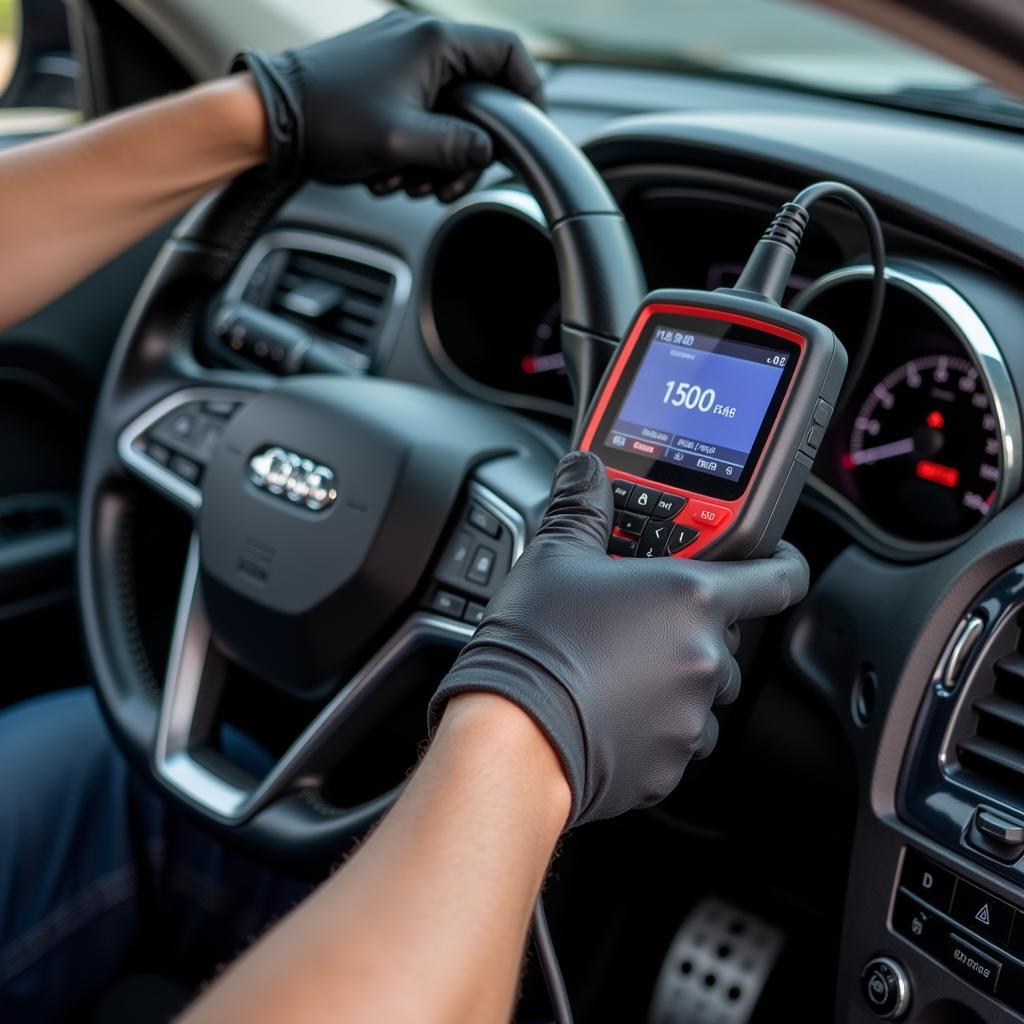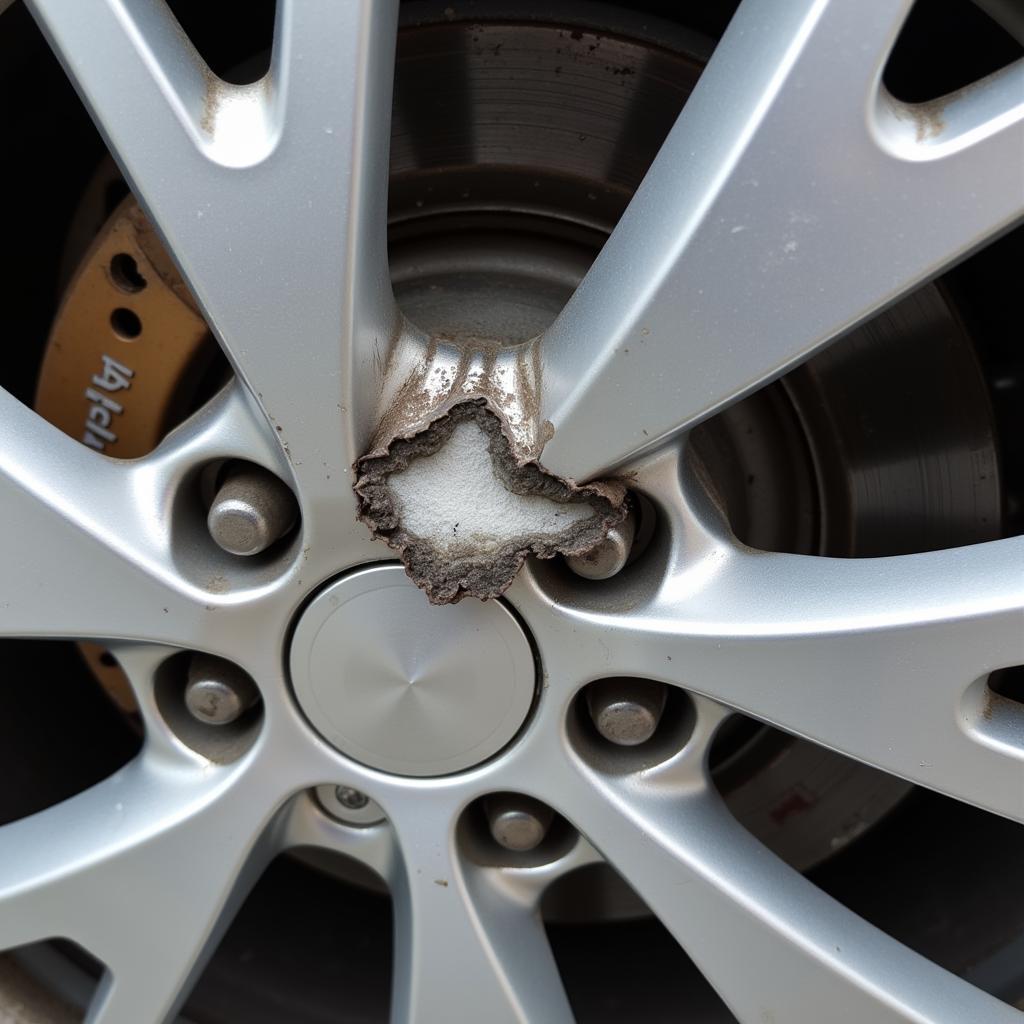Engine problems are a common occurrence for car owners, and they can be a major inconvenience. They can leave you stranded on the side of the road, lead to costly repairs, and even compromise your safety. Understanding the common engine problems that can sideline your car is crucial to avoiding these issues. In this comprehensive guide, we’ll explore the most frequent engine problems, their causes, and how to identify them.
Common Engine Problems That Can Sideline Your Car
Engine problems can manifest in various ways, leading to a range of symptoms. Understanding these symptoms can help you identify the underlying issue and address it before it becomes a major problem. Here are some common engine issues and their accompanying symptoms:
Engine Won’t Start
This is one of the most dreaded engine problems. If your car won’t start, it could be due to a number of issues, including:
- Dead Battery: A common culprit, a dead battery can prevent your car from starting.
- Faulty Starter: The starter motor is responsible for cranking the engine. If it’s not working, your car won’t start.
- Fuel System Issues: A clogged fuel filter, faulty fuel pump, or problems with the fuel injectors can hinder fuel delivery to the engine.
- Spark Plug Issues: Faulty spark plugs or wires can prevent the spark needed to ignite the fuel mixture.
- Timing Belt Failure: A broken timing belt can cause catastrophic engine damage, making it impossible to start.
How to Identify:
- Check the Battery: Use a voltmeter to check the battery’s voltage.
- Listen for Clicking Sounds: A clicking sound when turning the key might indicate a faulty starter.
- Smell for Fuel: A strong fuel smell near the engine could suggest a fuel system problem.
 Car engine bay inspection
Car engine bay inspection
Engine Stalling
An engine that suddenly stalls while driving can be dangerous. Here are some possible causes:
- Fuel System Problems: A clogged fuel filter, faulty fuel pump, or issues with the fuel injectors can lead to fuel starvation.
- Electrical Issues: Problems with the ignition system, wiring, or sensors can disrupt the engine’s firing sequence.
- Vacuum Leaks: A vacuum leak can disrupt the engine’s air-fuel mixture.
- Catalytic Converter Issues: A clogged catalytic converter can restrict exhaust flow, causing engine stalling.
How to Identify:
- Pay Attention to the Fuel Gauge: A sudden drop in fuel level can indicate a fuel system issue.
- Listen for Unusual Sounds: A sputtering or misfiring sound might point to electrical problems.
- Check for Smoke or Unusual Odors: Smoke or unusual odors coming from the exhaust could signal a catalytic converter issue.
Engine Overheating
An overheating engine can lead to severe damage. Here are some common reasons for an engine to overheat:
- Low Coolant Levels: Coolant helps regulate engine temperature. Low coolant levels can cause overheating.
- Clogged Radiator: A radiator that is clogged with debris can prevent proper heat dissipation.
- Faulty Water Pump: The water pump circulates coolant throughout the engine. A faulty water pump can cause overheating.
- Faulty Thermostat: The thermostat regulates coolant flow to the radiator. A faulty thermostat can prevent coolant from circulating properly.
How to Identify:
- Check the Coolant Level: Inspect the coolant reservoir.
- Look for Steam: Steam coming from the engine hood or exhaust is a sign of overheating.
- Monitor the Temperature Gauge: A rising temperature gauge is a clear indication of overheating.
 Car overheating with steam
Car overheating with steam
Engine Knocking or Pinging
Knocking or pinging is a metallic sound that can occur when the engine is under load. It’s caused by pre-ignition, where the fuel-air mixture ignites before the spark plug fires.
- Low Octane Fuel: Using fuel with a lower octane rating than recommended can cause pre-ignition.
- Spark Plug Issues: Faulty spark plugs can cause pre-ignition.
- Carbon Buildup: Carbon buildup on the engine components can lead to pre-ignition.
How to Identify:
- Listen for the Sound: Knocking or pinging sounds like a metallic rattling.
- Check for Engine Performance: Knocking can affect engine performance, leading to reduced power and fuel efficiency.
Engine Misfiring
Misfiring occurs when one or more cylinders in the engine fail to ignite the fuel mixture. This can lead to rough idling, decreased acceleration, and fuel inefficiency.
- Spark Plug Issues: Faulty spark plugs or wires can cause misfires.
- Fuel System Problems: Clogged fuel injectors, low fuel pressure, or a faulty fuel pump can cause misfires.
- Ignition System Issues: Problems with the distributor, ignition coil, or other ignition components can cause misfires.
How to Identify:
- Check for Rough Idling: A rough idle can indicate a misfire.
- Notice Reduced Power: Misfires can cause a loss of engine power.
- Observe the Engine Light: An engine light often illuminates if there is a misfire.
 Engine diagnostic tool
Engine diagnostic tool
Preventive Maintenance for Engine Problems
While not all engine problems are preventable, regular maintenance can significantly reduce the likelihood of major breakdowns. Here are some key preventive maintenance tips:
- Change Oil Regularly: Regular oil changes are essential to keeping your engine lubricated and clean.
- Check Coolant Levels: Monitor coolant levels and ensure they are within the proper range.
- Inspect Spark Plugs: Replace spark plugs according to the manufacturer’s recommendations.
- Replace Air Filter: A clean air filter ensures proper air flow to the engine.
- Inspect Belts and Hoses: Check belts and hoses for wear and tear and replace them as needed.
- Inspect Fuel System: Ensure your fuel filter, fuel pump, and injectors are in good working condition.
Expert Insights
“Preventive maintenance is key to keeping your car running smoothly,” says John Smith, a certified automotive technician with over 20 years of experience. “Regularly inspecting and maintaining your engine components can prevent major breakdowns and costly repairs.”
“Don’t ignore warning signs,” adds Maria Rodriguez, a seasoned mechanic. “If you notice unusual sounds, smells, or performance issues, get your car checked by a professional. Addressing problems early can prevent them from escalating.”
Conclusion
Engine problems can be a significant source of frustration and expense. By understanding the common issues and their symptoms, you can take proactive measures to prevent them. Regular maintenance, coupled with prompt attention to warning signs, can help keep your car running smoothly and avoid costly repairs.
If you experience any engine problems, don’t hesitate to contact AutoTipPro for professional help. Our team of skilled automotive technicians can diagnose and repair your car quickly and efficiently.
Contact us today for expert advice and reliable car care:
Phone: +1 (641) 206-8880
Office: 500 N St Mary’s St, San Antonio, TX 78205, United States
FAQ
- What are the signs of a failing engine? Signs include engine knocking, misfiring, stalling, overheating, smoke from the exhaust, and unusual noises.
- How often should I change my oil? The frequency of oil changes depends on the type of oil, your driving habits, and the manufacturer’s recommendations.
- How do I know if I need a new engine? A mechanic can diagnose engine problems and determine if a replacement is necessary.
- What is the average cost of engine repair? The cost varies depending on the type of repair needed.
- How long does it take to fix an engine problem? The time needed to fix an engine problem depends on the severity of the issue.
- Can I drive my car if the engine is making noise? It’s best to avoid driving your car if the engine is making unusual noises to prevent further damage.
- What is the best way to prevent engine problems? Regular maintenance, including oil changes, coolant checks, spark plug replacements, and air filter changes, can help prevent engine problems.






Leave a Reply